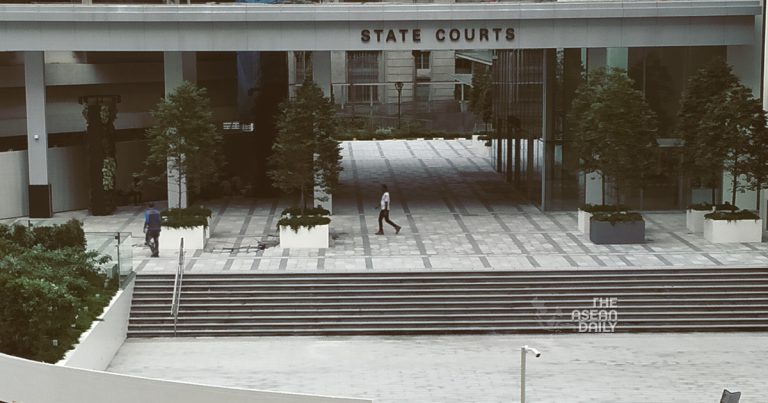5-3-2024 (SINGAPORE) Singaporean national Tan Hui Meng, a 57-year-old undischarged bankrupt, has been sentenced to two years, three months, and three weeks in jail and fined S$3,000 for his involvement in facilitating the purchase of restricted residential properties worth over S$6 million (US$4.5 million). Tan, who plans to appeal his conviction and sentence, was found guilty of eight charges related to offences under various acts, including the Residential Property Act, Oaths and Declarations Act, Land Titles Act, and Housing and Development Act.
The charges revolve around Tan’s role in purchasing and facilitating the purchase of three landed homes along East Coast Road. These properties, restricted residential properties, required foreign nationals to seek permission under the Residential Property Act to own them. Tan, acting as a director of the locally incorporated company Hwampoa, purchased two houses in his name, intending to hold them in trust for his associate, Chinese businessman Zhan Guotuan. Tan also instructed another Singaporean, Guan Aimei, to buy the third house for Zhan.
The prosecution argued that Zhan, a wealthy and experienced businessman with interests in various organizations in China and the steel industry in Indonesia, Laos, and Thailand, aimed to acquire the houses to build a condominium, similar to his previous successful projects. Zhan, who applied for permanent residency in Singapore through the Economic Development Board’s global investor programme, obtained Singapore permanent residency in 2003 or 2004. At the time of the offences in 2007 and 2008, his annual income was around S$7 million.
Tan, a professional auditor, accountant, and corporate secretary at the time, had helped Zhan set up companies and manage financial aspects. Zhan, known for property development ventures, would use his companies to purchase properties, demolish existing structures, build small-scale condominiums, and sell units for a profit. This successful business plan was executed in projects like Rosyth Residence, Tembeling Court, and Ceylon Residence.
During the trial, Tan claimed he had purchased the East Coast Road properties for himself, arguing that the plan to buy seven units was his own. However, prosecutors insisted that Tan persistently concealed the true identity of the property purchaser and violated land policies for considerable profit. They referred to Tan as the “prime mover” in the offences, accusing him of instigating Guan to sign off on relevant documents. Guan had previously been fined S$5,000 for her involvement.
The prosecution highlighted Tan’s persistent dishonesty, both in concealing the buyer’s identity and during judicial proceedings. They argued for a jail term between three years and four months and four years and six months, along with a fine, emphasizing Tan’s motive for significant profit. Tan was associated with Zhan’s redevelopment business, with an estimated profit from the land redevelopment at East Coast Road exceeding S$50 million, where he was set to receive 20% of Alphaland’s and Xin An’s profits.
Tan’s appeal against the conviction and sentence is pending, reflecting the complexities of property transactions involving foreign nationals and the legal consequences of such dealings in Singapore.




